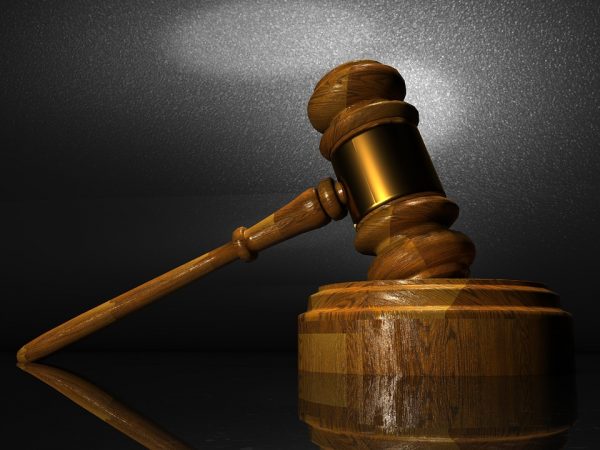 There is so much conflicting information about the case between the FBI and Apple it is hard to know what is truth, what is fiction, and what is fabrication. Many are bashing Apple, insisting that it is their “American duty” to help the FBI to keep us safe from would-be terrorists, while others on the opposite side accolade Apple for keeping our privacy private. What is the real story?
There is so much conflicting information about the case between the FBI and Apple it is hard to know what is truth, what is fiction, and what is fabrication. Many are bashing Apple, insisting that it is their “American duty” to help the FBI to keep us safe from would-be terrorists, while others on the opposite side accolade Apple for keeping our privacy private. What is the real story?
Is Apple just refusing to help the FBI keep us safe, or is it that the FBI was more like keystone cops when it came to uncovering the clues of the San Bernardino mass shooting case? It appears that there is more to the story than the government may want us to know.
At issue is whether the government and courts can force the Apple corporation to create code to overwrite what is on Syed Farook’s cell phone. A major contributor to the mass shooting incident, the FBI insists that there is potential rich information about the case hidden in the wires of the phone that they need help to recover. Not only does it involve Apple doing it for them, but Apple must also develop and loan the tools to the FBI.
The problem is that it may not be so much about the actual information that is on the phone. The true data that would aid them in their persecution and perhaps thwart off future attacks may be found not on his actual iPhone, but somewhere uploaded to his iCloud account. His iCloud account could hold information about the previous six months before the attack, which would contain all his whereabouts, who he was talking to, and what he was plotting.
The information that they need was already in their possession. They didn’t need the warrant to access the information contained within the iCloud, but instead they chose to target unlocking the phone. Why would they do that?
The reason they need to have the assistance of Apple is because, when they had the information in their sights, they did nothing with it. Bogged down with dredging lakes and looking for those things that were rumored to exist, they didn’t’ take the time to look at what they already had in their midst. Letting the phone stand by the wayside for six months now without backup, they have lost all the information that was contained within the iCloud waiting for them to use.
There was a second chance for investigators to get what they need from the iCloud. Being allowed to do another backup could have made it possible for the forensic investigators to retrieve the information again, but being too targeted on gaining the technology to lock the phone, they let that slide too.
The facts, in this case, are very blurry, but there are some which are very clear and concise. A few days after the incident, someone went into Farook’s account and triggered something called a password reset which would give them the ability to access the information, but it didn’t work correctly and stopped investigators from gaining the much necessary information. By trying to reset the password what they did was trigger any further automatic backups that would have taken place. Whoever was in charge of investigating the forensics in this case just didn’t take the time to do their homework, and now they are asking Apple to bail them out. Everyone in the case pointing fingers, no one is likely to fess up to their mistake.
There is a question to whether the backup fail has chipped away at the evidence of this case, but what is clear is that it has disallowed access to those looking to put the pieces together. The case now falls not on what the FBI didn’t do but what type of obligation Apple has to aid in the discovery of what is in the memory contained within the phone.
Many are shaming Apple saying that all they have to do is unlock the iPhone, but that isn’t the case. They would have to first write code to break the phone, which has not been done before, and then they would be required to share that with the FBI. Apple, a private corporation, may actually be looking out for the protection of our privacy. A private company, could it be that they care more about the freedom of their consumers than the government cares for the privacy of their citizens?
 Gearfuse Technology, Science, Culture & More
Gearfuse Technology, Science, Culture & More


